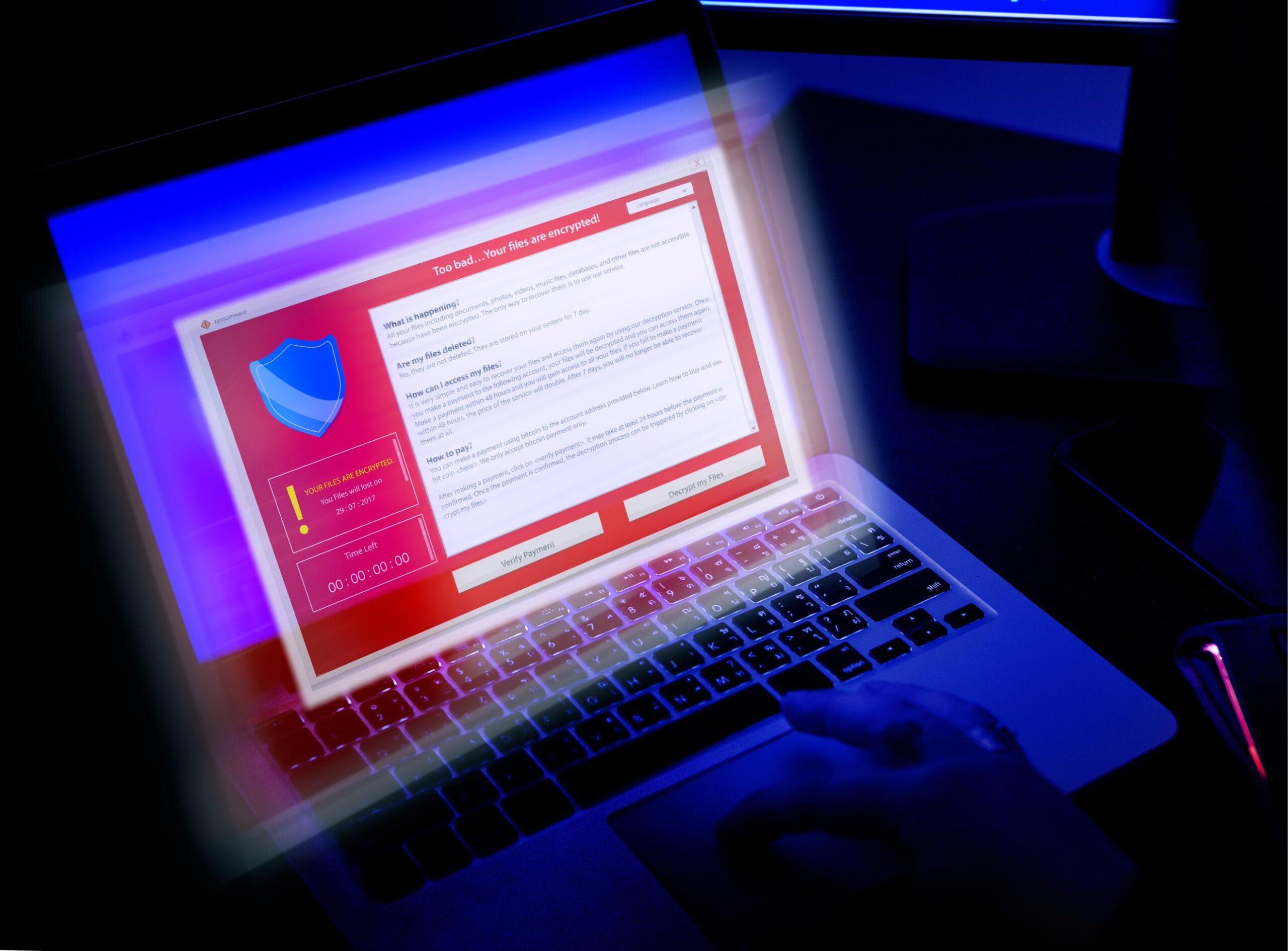5-MIN READ
How to prevent phishing attacks against employees
Every day, over 3 billion phishing emails are sent, and most of them don’t need to be clever to work. They just need to catch someone off guard.
Phishing scams are no longer riddled with typos and obvious fake links. Many are personalised and frighteningly easy to fall for. And it’s often not the IT team or executive who they target. It’s the everyday employee, the person juggling meetings, replying to emails and trusting the name at the top of the message.
One slick email. One distracted click. And suddenly, just like that, your data’s gone, systems are locked and you’re left cleaning up the mess.
So how do you protect a busy team in a world full of clever scams?
Everyday moves that outsmart phishing
Cybercriminals don’t need sophisticated software or elite-level skills to break into your systems. Not when today’s off-the-shelf tools and AI-driven scripts can do most of the work for them.
Fortunately, you can safeguard your business against phishing attacks, and it all starts with your employees. The strongest security system in the world can’t stop someone from clicking the wrong link, but awareness, good habits and clear internal processes can.
Here are some simple yet highly effective ways to help your team spot a phishing attempt before it becomes a business crisis:
- Check the sender, then check again. Hackers often fake real names or addresses to look legit. If something feels off, don’t trust it; verify it.
- Don’t click blindly. Hover over links before you click to see where they really lead. One wrong click can open the door to malware or a full-scale breach.
- Watch for urgency. Phishing emails love to rush you with phrases like ‘act now’ or ‘your account will be locked.’ Real companies don’t pressure you into panic-clicking.
- Never share passwords via email. No legitimate IT team or company will ever ask for your login details this way. If they do, it’s a scam.
- Look out for strange language. Spelling mistakes, weird grammar or an overly formal tone can all be red flags. Trust your gut if it doesn’t sound like the person you know.
- Double-check attachments. Even if it looks like it’s from someone you trust, don’t open attachments unless you’re expecting them. One click and malware could be running silently in the background.
- Turn on multi-factor authentication (MFA). It adds an extra layer of security even if your password gets stolen.
- Report suspicious emails—don’t just delete them. Flagging a phishing attempt helps protect the whole team. The faster it’s reported, the faster it gets shut down.
Implementing these strategies is essential for any business aiming to educate its workforce on how to prevent phishing attacks effectively.
Why employee training is your best defence
Spotting a phishing email is one thing. Knowing what to do next is what really counts. Even with good habits and basic security protocols in place, the reality is that most employees haven’t been trained to think like a hacker.
They don’t know how phishing tactics evolve, what modern scams look like, or how to respond in real time without second-guessing themselves.
This is exactly why ADITS’ Cyber Security Awareness Training stands out. We bring real phishing scenarios into the room, get your team involved, and deliver training that actually sticks around long after the session ends.
Here’s what your team will walk away with:
Realistic phishing tests that hit close to home
We send safe-but-sneaky phishing emails that mimic the latest real-world scams. Your team learns by experience, identifying phishing attempts before they turn into real threats.
Hands-on workshops that stick
Forget boring slide presentations. These online sessions are interactive, with real scenarios and live practice. Your people get confident, asking questions and trying out responses in a relaxed setting.
Clear reports that tell you what matters
After training, you receive clear reports showing how your team performed. Who passed with flying colours, who needs more help, and what areas can be improved.
Ongoing check-ins that keep awareness sharp
Phishing doesn’t take breaks, and neither should training. That’s why we deliver regular refreshers, fresh simulations and quick reminders to keep your team sharp all year long.
While training your team is a critical step in understanding how to prevent phishing attacks, it’s equally important to strengthen your defences with the right technology.
Backing up your team with the right security technology
Once your team knows what to look for, the next step is making sure the technology around them does too. Phishing threats move fast. They slip into inboxes, mimic trusted sources and strike when attention’s low.
And while training builds awareness, the right tools act as a second set of eyes, scanning, filtering and blocking threats before your staff even see them.
Instead of layering on clunky apps or overcomplicating workflows, the goal is to set up quiet, intelligent systems that run smoothly in the background. Ultimately protecting your business without getting in the way.
Here’s what we recommend to strengthen your security defences:
Email filtering that blocks the bad stuff early
AI-powered filters scan every message for red flags. This includes spoofed domains, malicious attachments, phishing links and dodgy language patterns. Suspicious emails are flagged, quarantined or blocked entirely before they ever hit your team’s inbox.
MFA that shuts the door on stolen passwords
Multi-factor authentication (MFA) adds an extra layer of security by requiring a second form of verification, like a code from an app or a fingerprint. So even if someone gets hold of a password, they still can’t get in without that second check.
Endpoint protection that covers your devices
From desktops to laptops to mobile phones, endpoint protection monitors every device connected to your network. It automatically detects suspicious behaviour, flags risky downloads, and helps stop malware before it can spread, no matter where your team’s working from.
Cyber resilience starts with the right partner
Phishing scams evolve fast, but with the right guidance from cyber security services and tools, your team can stay ahead of the curve.
At ADITS, we help businesses like yours build strong cyber resilience. From hands-on security training to smart technology that works silently behind the scenes, we tailor solutions that protect your employees, data and bottom line.
Phishing shouldn’t be a guessing game. Get in touch with our expert team and let’s build a smarter, safer security setup that fits your people and your business
Stay up to date
Subscribe to our newsletter for IT news, case studies and promotions






